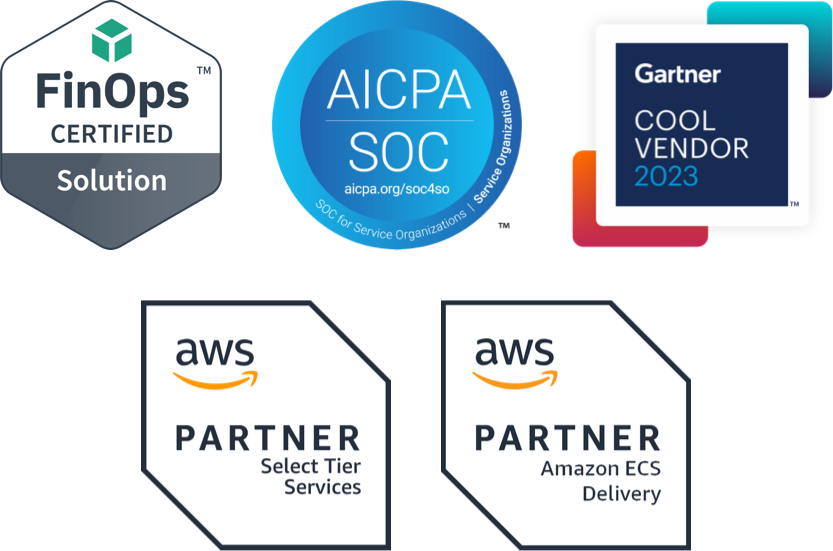Recently, Amazon Web Services (AWS) shared a post on planning Kubernetes upgrades with Amazon Elastic Kubernetes Service (Amazon EKS) , driven in part because they’re discontinuing support for Kubernetes 1.15, while in February, Amazon EKS released support for Kubernetes v1.19. Kubernetes continues to be updated — the most recent version was released April 19, which is v1.21. (The previous version, v1.20, was released on December 8, 2020 — and it’s the “raddest release.”)
All this to say, Kubernetes is moving fast — it’s a complex open source project that’s continuing to mature rapidly. Our own open source projects are closely related to K8s as well, and they’re active and continuously updated. We recently started an Open Source User group so we can invite more contributors from the wider open source community to contribute ideas and improvements.
No version lasts forever...
Discontinuing support for older versions of any kind of software is expected; it’s impossible to keep supporting every version of software ever released. End of life for older products is just part of the product life cycle, and it enables companies to continue to develop and support active (and more secure) versions of their products. Still, it can be hard to transition to newer versions if you’re not quite ready, and sometimes it’s hard to even know which version of a software product you’re using.
What’s in your cluster?
If you’re using Amazon EKS but you’re not sure whether you’re using v1.15, we can help you figure that out with our Polaris, Insights, or Nova open source projects. It’s important to figure out what you’re using and whether you need to upgrade soon, because if you’re still using K8s v.1.15 on AWS EKS, you won’t be able to create new clusters of this version anymore. According to Amazon, eventually all clusters will be updated to v1.16.
Using newer (supported) versions of Kubernetes is always a good idea, because older, unsupported versions won’t get security, stability, or feature patches. Specifically for the transition from 1.15 to 1.16, some API deprecation is introduced that you need to be aware of. It’s always preferable to plan your upgrades so you have time to test any changes before going live, and make sure that your applications and services still work.
Plan your upgrade
There’s a lot of useful information in the post Amazon shared about planning Kubernetes upgrades with Amazon EKS, including information related to the API deprecations in 1.16 and open source tools that can help you check for things that will break after you upgrade to 1.16. We created our open source project, Pluto, to help users find deprecated Kubernetes API versions in their Infrastructure-as-Code repositories and Helm releases. If you need more specific help with your upgrade, or you’re interested in a platform that provides consistency across teams and clusters to simplify your Kubernetes deployment, reach out — we’d be happy to help.


